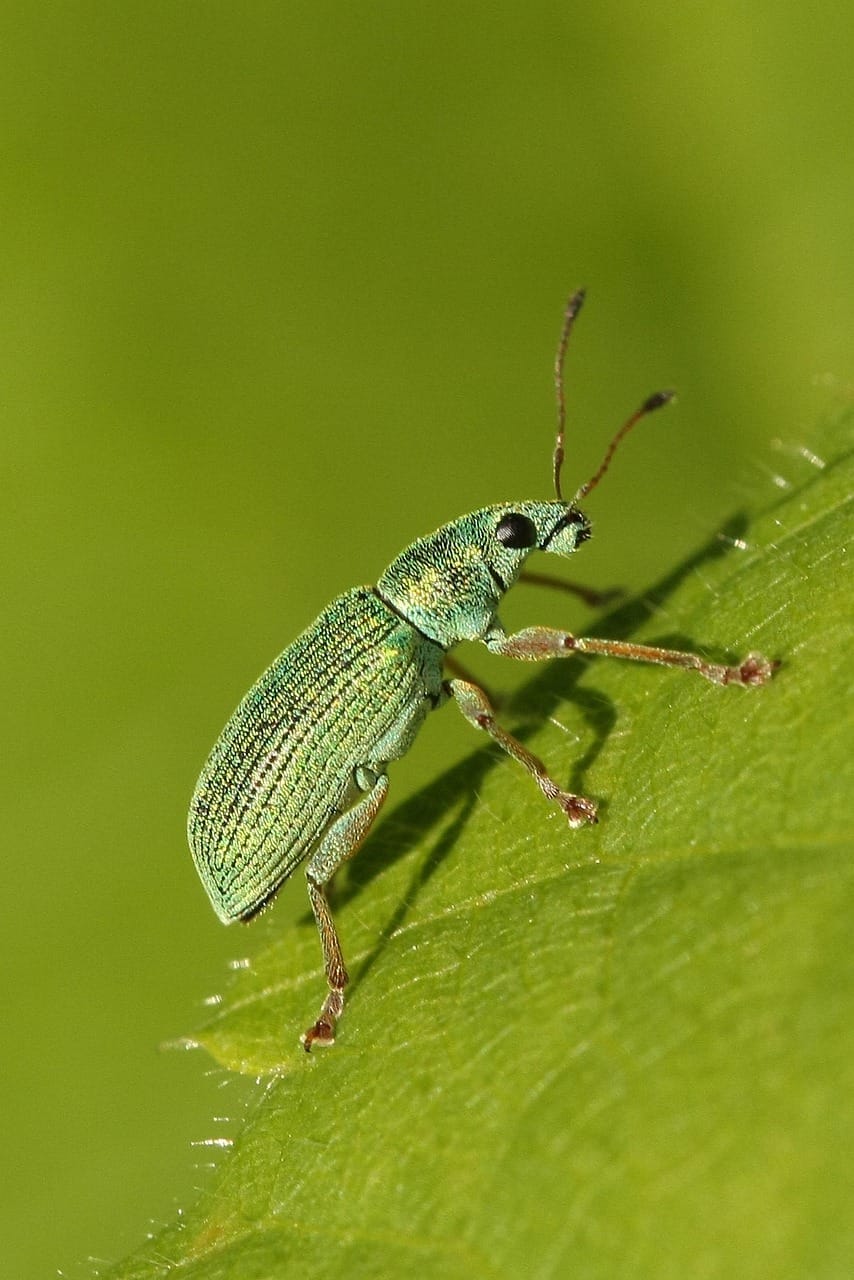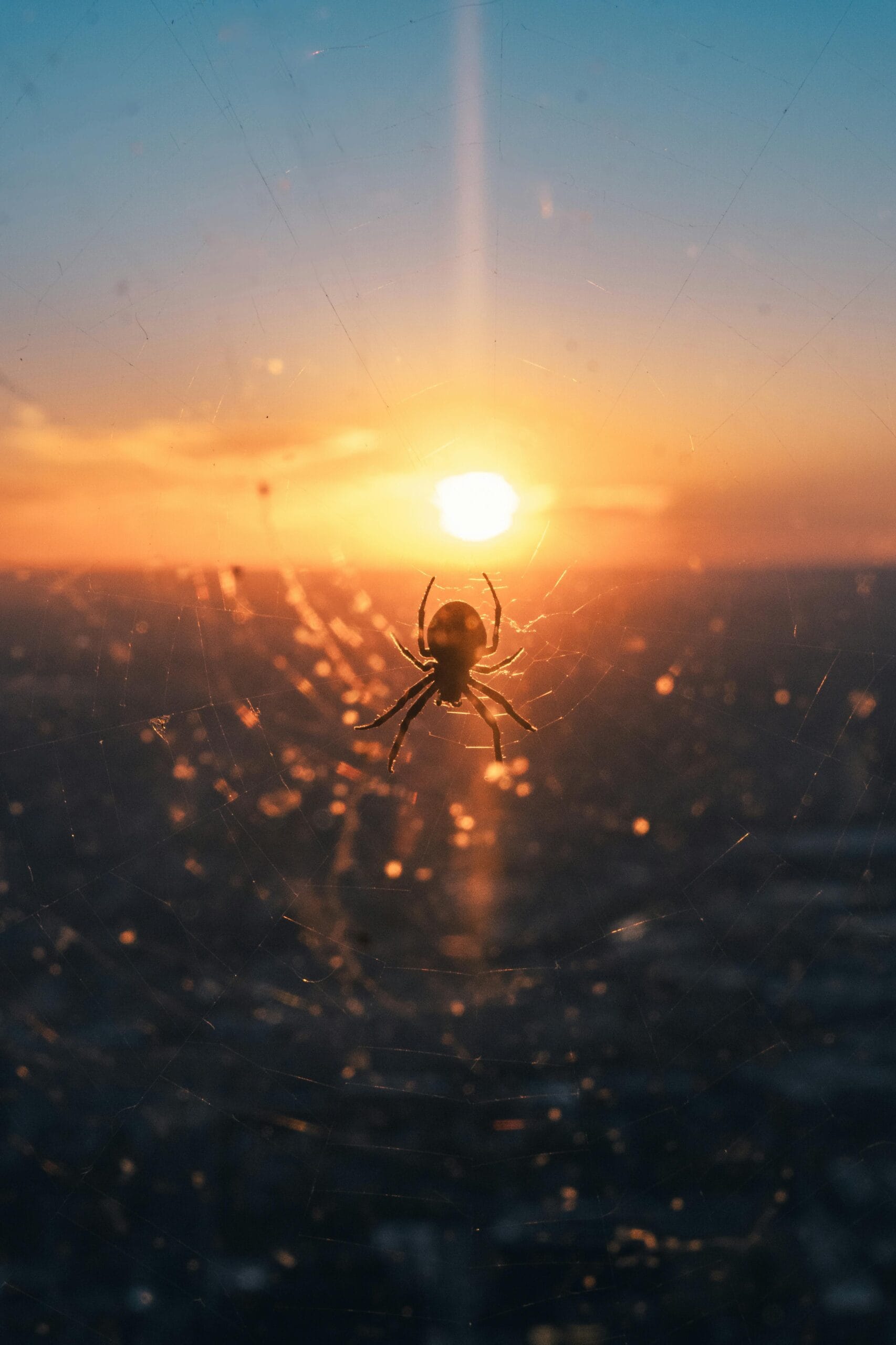
Insects are a part of nature’s beauty, but their bites can be uncomfortable and, in some cases, carry diseases. Protecting yourself from bites while on safari ensures a more enjoyable and worry-free experience. Follow these simple yet effective tips to avoid insect bites during your adventure.
1. Dress to Repel
- Long Sleeves and Pants: Wear lightweight, long-sleeved shirts and pants to reduce exposed skin. Tightly woven fabrics are best at preventing bites.
- Neutral Colors: Opt for neutral tones like beige, khaki, and olive green. Bright colors attract insects, while dark colors may draw tsetse flies.
- Close-toed Shoes: Sandals leave your feet vulnerable, so choose closed shoes and pair them with socks.
- Tuck in Clothing: Tuck pants into socks or boots to block crawling insects.
2. Use Insect Repellent
- DEET-based Repellents: Apply repellents with at least 30-50% DEET to exposed skin and clothing for maximum protection.
- Natural Alternatives: For those sensitive to DEET, consider repellents with citronella, eucalyptus oil, or picaridin.
- Reapply Regularly: Sweat, rain, and time reduce repellent effectiveness, so reapply as needed, especially in the evening.
3. Stay Covered at Night
- Mosquito Nets: Ensure your sleeping area is equipped with a properly tucked-in mosquito net. Some lodges provide treated nets for added protection.
- Clothing for Evenings: Mosquitoes are most active at dawn and dusk, so wear long clothing during these times.
- Close Tent Zippers: Keep your tent or lodge doors zipped or closed to prevent insects from entering.
4. Choose Insect-Proof Accommodations
- Screened Windows and Doors: Stay in lodges or tents with mesh screens to keep bugs out while allowing airflow.
- Air-conditioned Rooms: Mosquitoes and other insects are less active in cool, air-conditioned environments.
- Check Bedding: Before sleeping, inspect your bed for any hidden insects.
5. Time Activities Wisely
- Avoid Dawn and Dusk Exposure: Mosquitoes and other biting insects are most active during these times, so plan your activities accordingly.
- Stay in Open Areas: Insects are less concentrated in breezy, open spaces than in dense vegetation or still air.
6. Keep Your Environment Clean
- Dispose of Food Properly: Leftover food can attract ants and flies, so dispose of it responsibly.
- Avoid Scented Products: Perfumes, lotions, and other scented items can attract insects. Opt for unscented alternatives.
7. Protect Your Skin
- Apply Sunscreen First: Always apply sunscreen before insect repellent to ensure both remain effective.
- Cover Open Wounds: Use a bandage or clothing to protect any cuts or scratches from attracting bugs.
8. Carry Essential Tools
- Anti-itch Creams: Bring antihistamine creams or calamine lotion to soothe bites if they occur.
- Insect Bite Treatments: Consider packing a bite relief pen or hydrocortisone cream for quick relief.
- First Aid Kit: Include essentials like tweezers for tick removal and antiseptic wipes.
9. Be Aware of Specific Insects
- Mosquitoes: Found near water; avoid stagnant pools and wear repellent, especially in malaria-prone areas.
- Tsetse Flies: Attracted to dark colors and moving vehicles; use repellent and avoid blue or black clothing.
- Ants and Bees: Avoid sitting on the ground or disturbing hives and ant trails.
Travel Safely with Future African Safari
At Future African Safari, your safety and comfort are our priority. We guide you through the best practices for staying bug-free and ensure that your accommodations are equipped to minimize insect encounters.
Book your safari today and enjoy Africa’s wonders without the worry of insect bites!


